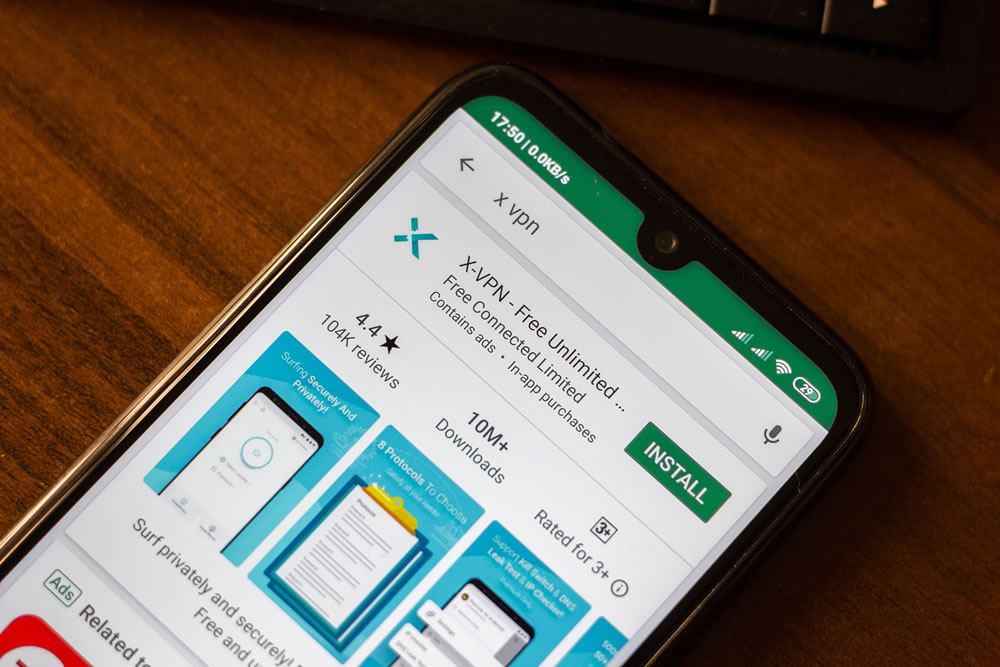You just got back to the Four Seasons you’re staying at after a long day of enjoying the local cuisine and culture with your private guide, and can’t wait to hop in the hot tub, relax with a glass of Champagne, and get ready for your three-day wine tour tomorrow.
But before heading to bed, you decide to pour yourself another glass of bubbly, and enjoy your favorite Netflix show.
But uh-oh, you can’t do that – the content isn’t available in the country you’re visiting.
Well, that’s annoying, but it’s actually just one of the online problems you have to deal with when traveling – and it’s not even the worst one.
Other issues include hackers compromising luxury hotel WiFi, unsecured WiFi that lets cybercriminals see everything you do online, getting kicked off the hotel’s WiFi for downloading torrents (even if they’re legal), and foreign ISPs spying on what you do online and potentially selling your privacy to advertisers.
Pretty annoying and scary stuff.
However, don’t panic – here is what you can do to make sure you can relax during your trip, and not worry about online threats and inconveniences.

1. Set your devices to ‘forget’ WiFi networks
Automatically connecting to WiFi networks saves time, but it’s also very risky.
Why?
Because your device might accidentally connect to a fake WiFi network – one that’s run by hackers.
It’s not even hard for them to set up an ‘Evil Twin’ – they can do that with the WiFi Pineapple.
If you connect to a fake hotspot, whoever runs it can scan your traffic and steal sensitive data like:
⦁ Passwords
⦁ Usernames
⦁ Bank account info
⦁ Credit card numbers
Here’s the kicker – the WiFi Pineapple only costs $200 and your data is worth so much more.
Basically, the Pineapple scans broadcasted SSIDs (WiFi network names) in a specific range, and then rebroadcasts them as its own SSIDs.
Well, when your device disconnects from a WiFi network, it continues to broadcast a spinal that asks other networks if they have the same SSID as the previous network.
See the problem? The device can easily trick your own phone or laptop.
If you’re not sure how to make your device forget WiFi networks, here are some useful guides for Android, iOS and macOS, and Windows (7, 8, and 10).

2. Pack a VPN with you
A VPN is the kind of tool that can’t miss from any packing list. It’s an online service that hides your IP address, and also encrypts your traffic.
Encrypting your traffic means the VPN turns it into an unreadable format – so nobody can spy on it. Yes, even if you use unsecured WiFi or accidentally connect to a fake hotspot.
It also means that:
⦁ Hotel network admins can’t see what you do online, so they can’t wrongfully kick you off the network.
⦁ Foreign ISPs can no longer log your browsing history.
⦁ Foreign surveillance agencies can’t keep tabs on your online activities anymore.
And since the VPN hides your IP address, select providers will let you unblock any streaming services you want – Netflix, Hulu, BBC iPlayer, you name it!
Plus, that’s not all. A hidden IP address also means that:
⦁ Governments can no longer use online censorship to dictate what you get to do on the web.
⦁ Advertisers can’t ruin your culture trip with annoying and spammy ads that get in the way of the atmosphere.
⦁ Random people on the Internet can’t use it to find out personal stuff about you – what city and country you are currently in, and what your current ZIP code is.

How do you choose the right VPN?
Alright, so a VPN can take a lot of pressure off you. But with hundreds of providers on the market, how do you find the one that’s right for you?
No need to waste hours of your time on research and comparing features – you can actually learn about all the best VPNs from ProPrivacy. The info is on point, up to date and very easy to understand.
3. Install security software on all devices
Hackers can easily use malware to take over your devices, spy on all your actions, and spam you with malicious ads.
Installing antivirus/antimalware programs (they’re the same thing, don’t worry) on all devices prevents that from happening.
Just always make sure to keep the software up to date. If you don’t, the programs might not be able to keep up with the latest types of malware.
If you want recommendations about which software to check out, give Malwarebytes, ESET, and Norton a try.






















